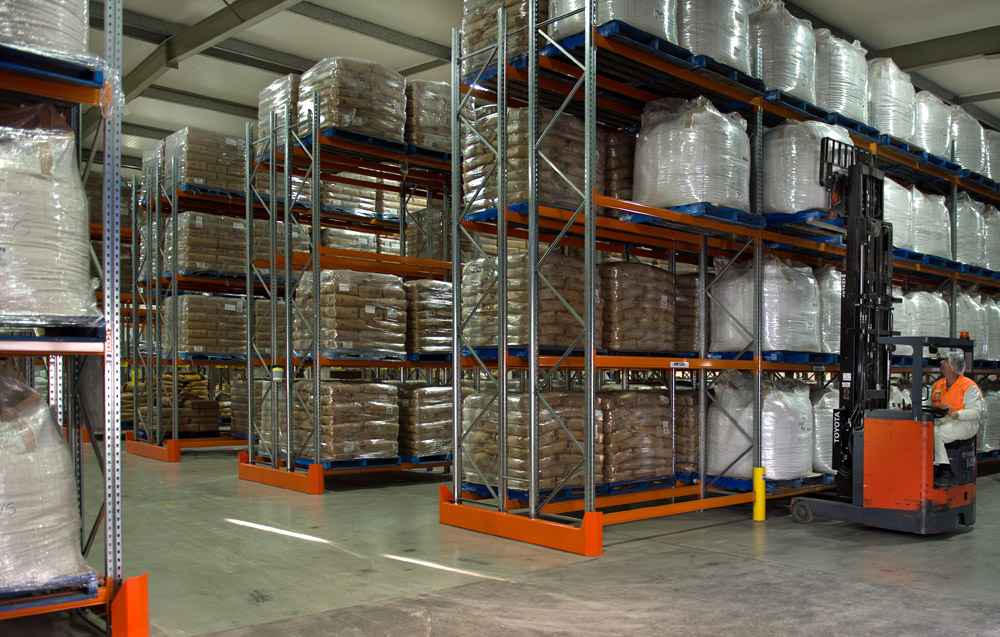Introduction
In the highly regulated food sector, contract producers play a vital function in bringing products to market. These companies focus on producing and packaging food on behalf of other companies, enabling brand names to focus on advertising and marketing as well as circulation. However, contract suppliers should browse an intricate landscape of food labeling requirements to make certain conformity with Australian laws. This short article provides understandings as well as assistance for agreement suppliers running in Australia, covering topics such as contract food manufacturing, food safety standards, labeling requirements, and also more.
Contract Food Manufacturing: Satisfying the Need for Outsourcing
Contract food production has become significantly prominent in the last few years as companies look to outsource their production requirements. This plan enables companies to leverage the knowledge and sources of specific suppliers while focusing on their core expertises. In Australia, contract food manufacturing is a growing sector, with companies providing a wide range of services, consisting of product advancement, formulation, packaging, as well as top quality control.
Understanding Food Safety Criteria in Australia
Food security is of critical value in the agreement production sector. Agreement suppliers need to comply with stringent policies to guarantee the safety and honesty of the items they generate. In Australia, these requirements are set by Food Standards Australia New Zealand (FSANZ) and also enforced by state and also territory governing authorities.


The Great Manufacturing Practices (GMP) guidelines offer a structure for making sure that food products are produced consistently as well as satisfy top quality criteria. Agreement producers must apply robust quality assurance systems to adhere to GMP requirements. This includes establishing treatments for ingredient sourcing, production processes, storage, handling, packaging, labeling, and distribution.
Meeting Classifying Requirements: Trick Considerations
Accurate and insightful labeling is necessary for making sure customer security and also advertising transparency in the market. Contract makers need to acquaint themselves with Australian labeling demands to avoid costly blunders or potential lawful issues. Here are some vital considerations when it involves food labeling in Australia:
1. Mandatory Tag Information
Australian food labeling regulations require specific details to be shown on product tags. This consists of the item name, active ingredients checklist, allergen details, dietary information, and country of origin. Agreement producers should make sure that all required label information is precise as well as clearly legible.
2. Allergen Management
Allergen administration is an essential aspect of food labeling in Australia. Agreement makers must have robust systems in position to avoid cross-contamination and properly declare the visibility of allergens on item tags. This includes performing detailed threat analyses, implementing partition actions, as well as routinely screening for irritant traces.
3. Nutritional Information
Nutritional info is a crucial factor to consider for customers when making getting decisions. Australian food labeling regulations require contract suppliers to supply accurate and standard nutritional details on their products. This includes the energy value (calories), protein web content, fat material, carbohydrate web content, as well as any various other pertinent nutrient information.
4. Country of Origin Labeling
Country of origin labeling is one more need that agreement suppliers need to adhere to in Australia. This involves plainly indicating the nation or countries where the item was made or grown. The Australian Competitors and also Customer Payment (ACCC) provides standards on exactly how to satisfy country of origin labeling requirements.
5. Health And Wellness Claims as well as Marketing Messages
Contract manufacturers ought to Get more info likewise recognize the guidelines surrounding wellness claims and also advertising and marketing messages on food tags. In Australia, any kind of cases made regarding the wellness advantages or properties of an item must be sustained by clinical evidence as well as abide by details policies established by FSANZ.
FAQs: Common Concerns Regarding Food Classifying Requirements in Australia
What are the consequences of non-compliance with food labeling needs in Australia? Non-compliance with food labeling needs can cause legal fines, including penalties or product recalls. It can likewise harm a brand's credibility and deteriorate consumer trust.
Are there particular labeling demands for organic food products in Australia? Yes, health food items have extra labeling demands in Australia. They must be licensed by an identified organic certifier as well as present the appropriate accreditation logo.
Can contract producers aid with item advancement as well as solution? Yes, lots of contract makers provide item development and also formula solutions. They can help in developing personalized formulations that meet particular dietary or dietary requirements.
What is the role of agreement manufacturers in ensuring food safety and security? Contract manufacturers are responsible for carrying out durable food safety systems, consisting of GMP guidelines, to ensure the safety as well as honesty of the items they produce.
Are there any exceptions to food labeling demands for small companies? Local business may be qualified for sure exemptions or simplified labeling requirements. Nonetheless, it is important to talk to regulatory authorities or look for legal advice to figure out eligibility.

How can get producers remain upgraded on modifications to food labeling regulations? Agreement manufacturers must regularly keep an eye on updates from FSANZ and other regulatory bodies. They can likewise involve with sector associations and attend appropriate workshops or workshops to remain informed.
Conclusion
Navigating food labeling requirements in Australia is an intricate task for agreement suppliers. Compliance with guidelines is vital to ensure consumer safety and also maintain trust in the industry. By recognizing the key considerations described in this write-up, agreement manufacturers can browse the regulatory landscape efficiently while providing high-grade items that meet sector criteria. Partnering with knowledgeable specialists who focus on food labeling as well as conformity can better boost a contract maker's capability to satisfy these needs successfully.